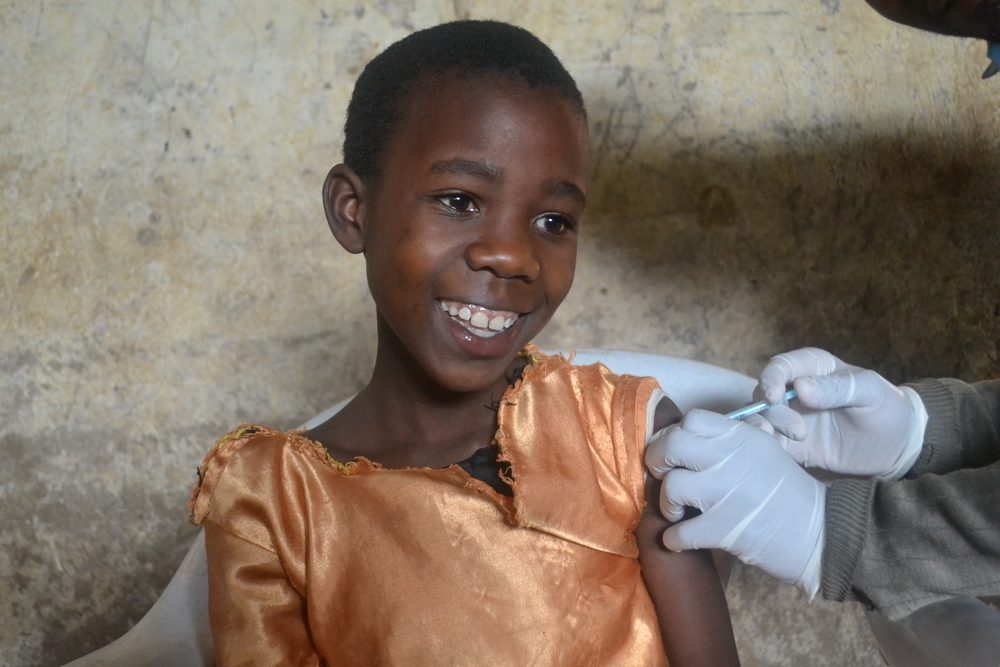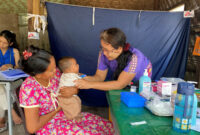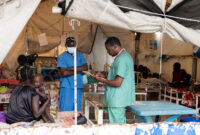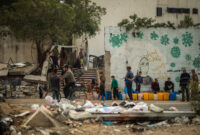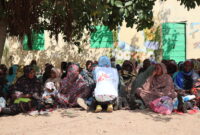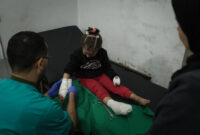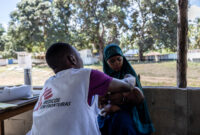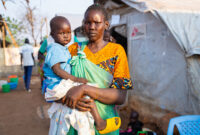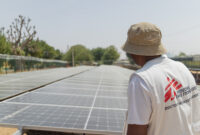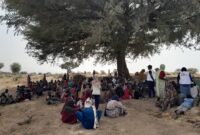Photo story: Preventing cervical cancer in Malawi
In late January 2020, in conjunction with the Ministry of Health, Doctors Without Borders/Médecins Sans Frontières (MSF) implemented an HPV vaccination campaign for 8,500 nine-year-old girls in the Chiradzulu district of Malawi.
Cervical cancer is largely preventable, and yet it is fatal for a disproportionate number of women in low- and middle-income countries. Particularly in sub-saharan Africa, cervical cancer is the number one cause of cancer-related mortality in women.
Effective prevention
The most effective prevention is vaccination against a common cause of cervical cancer, the human papillomavirus (HPV). HPV is a common, sexually transmitted infection. Vaccinating girls against HPV protects them from the strongest strains of the infection which, if persistent, can develop into cervical cancer.
MSF has campaigned for many years to ensure vaccinations are affordable and available to all. However, the people who need vaccinations most are often the ones who miss out, as is the case in many of the places where MSF works. By supporting vaccination campaigns for girls in countries where the number of new cases and deaths are highest, we can reduce the number of lives lost to this cancer.
A day in the program
In late January 2020, MSF ran an eight-day HPV vaccination campaign in the Chiradzulu district of Malawi in conjunction with the Ministry of Health. Here, cervical cancer accounts for 40 percent of all cancers diagnosed in women. The campaign provided vaccinations to more than 8,500 nine-year-old girls across 100 schools and 17 health centres.
One of these schools was Lisawo Primary School, in rural Malawi. Here, we give you an inside look at this program and introduce you to some of the women of the future receiving their vaccination.
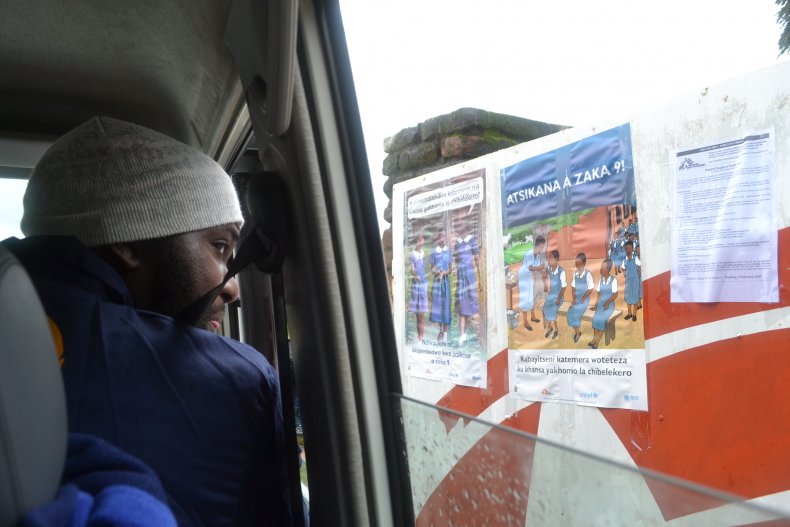
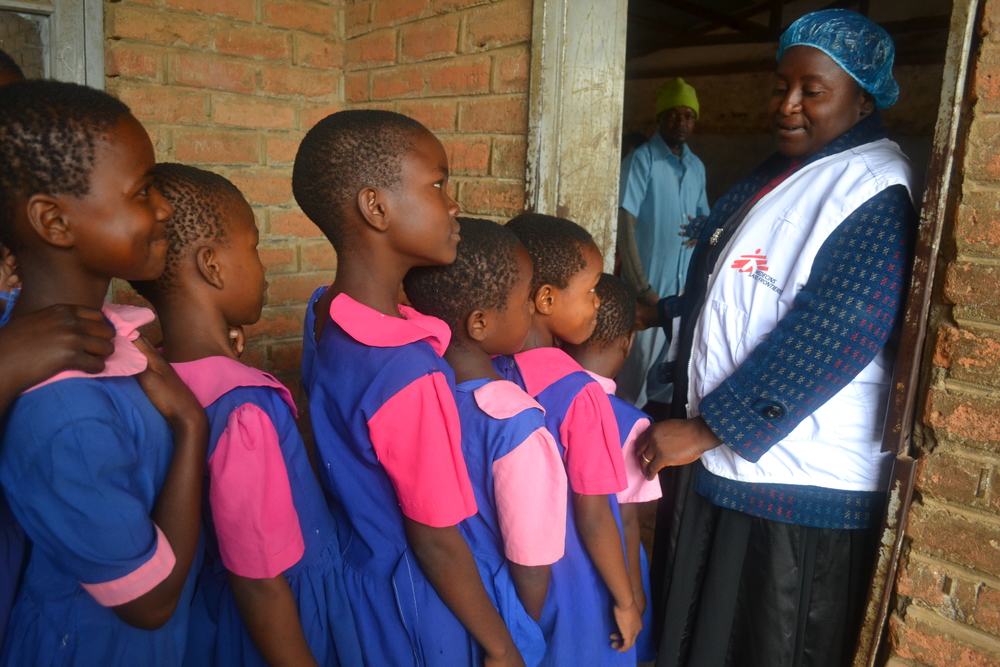
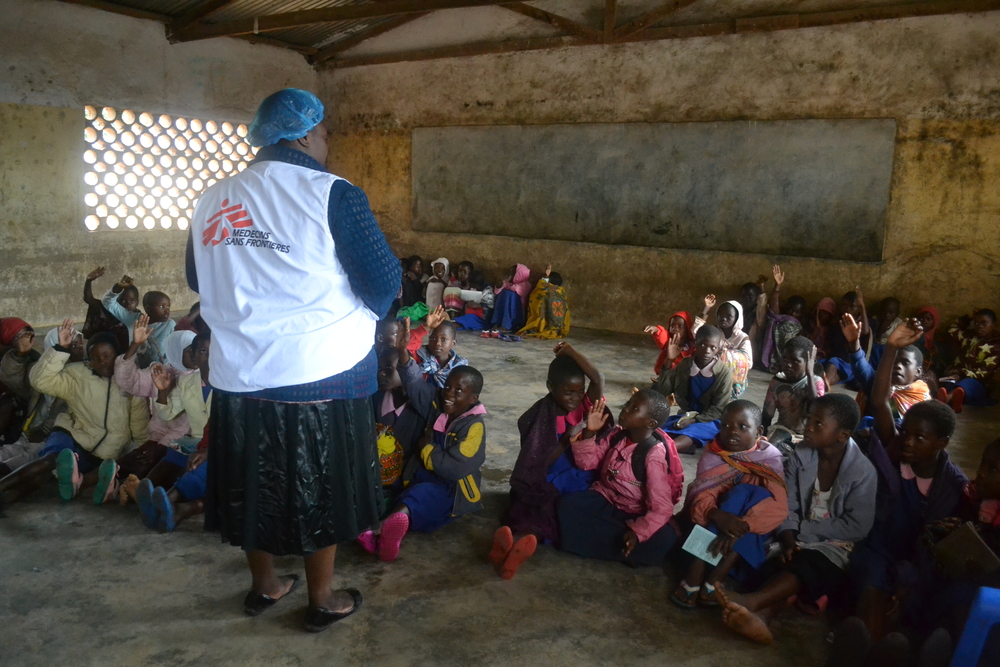
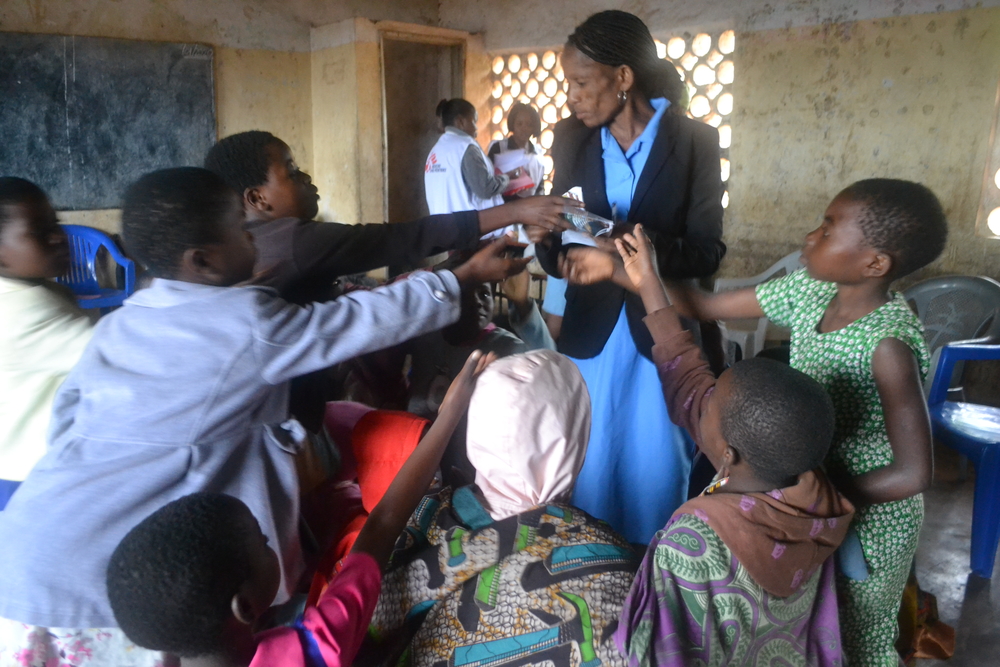
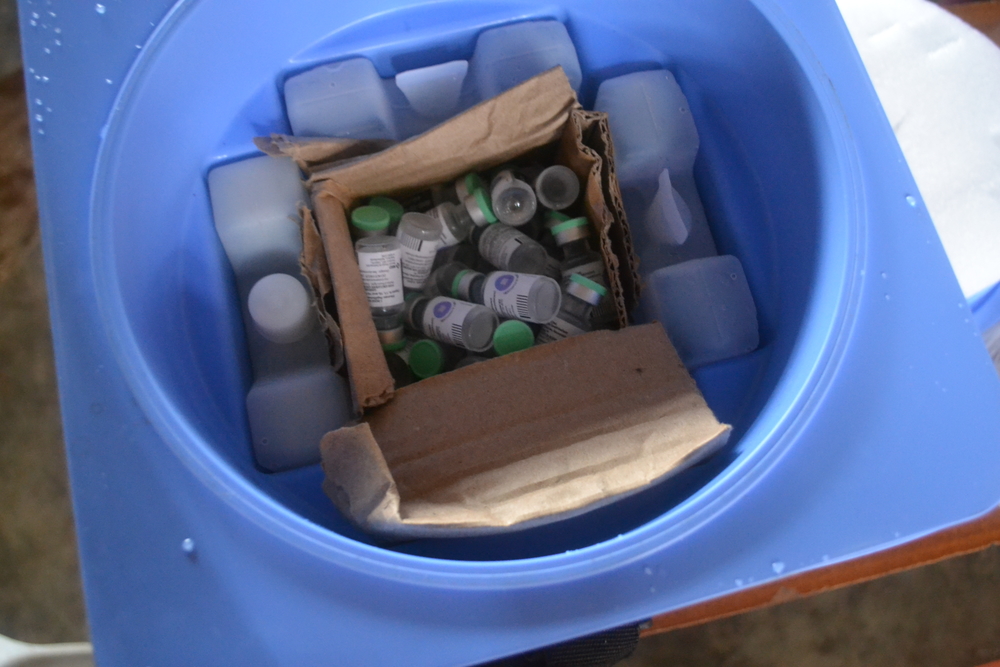
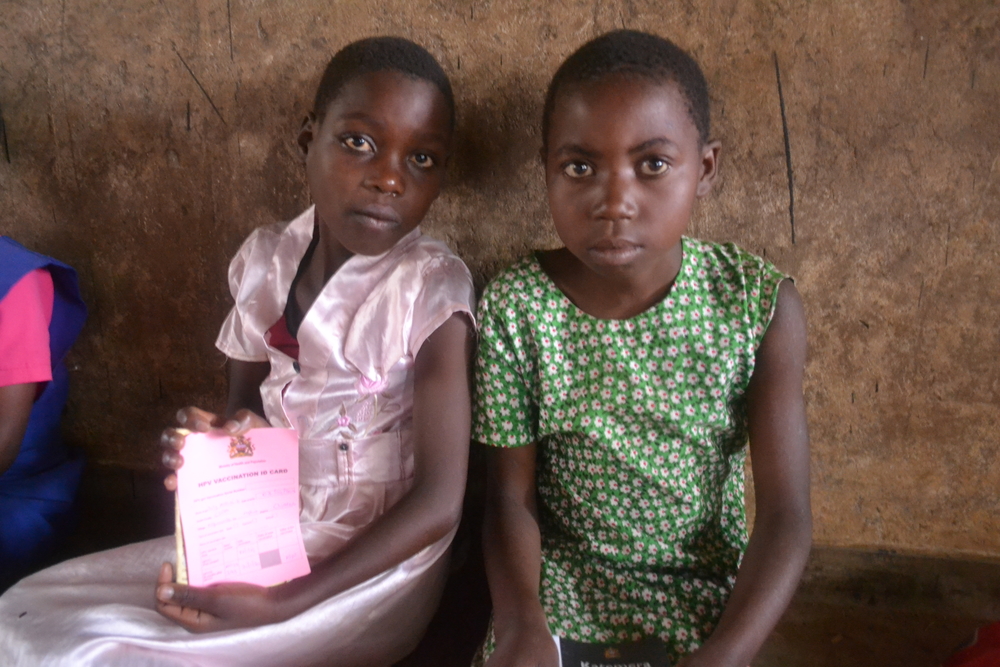
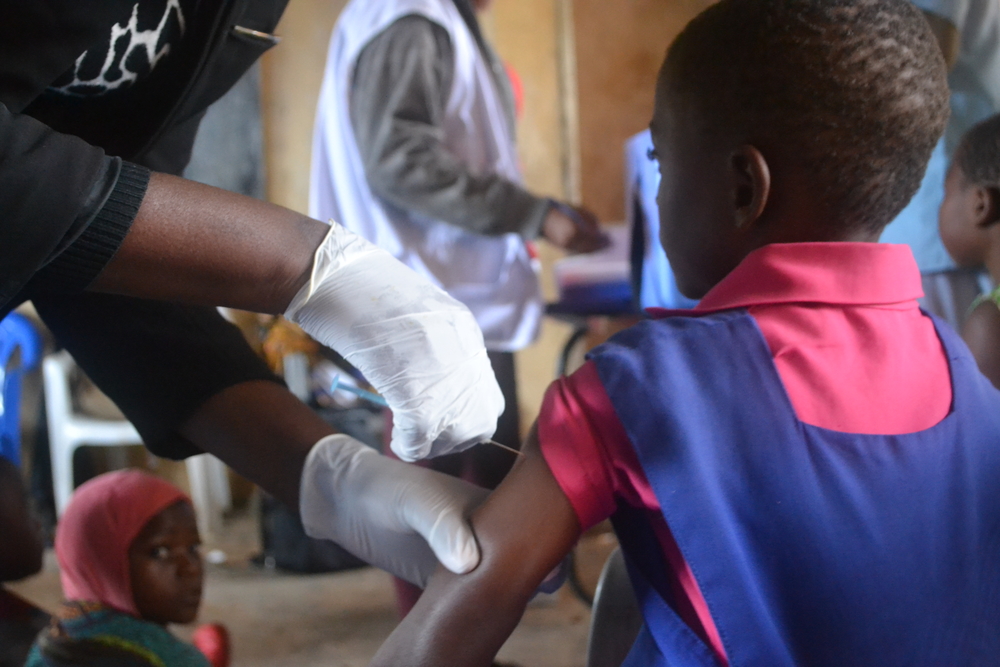
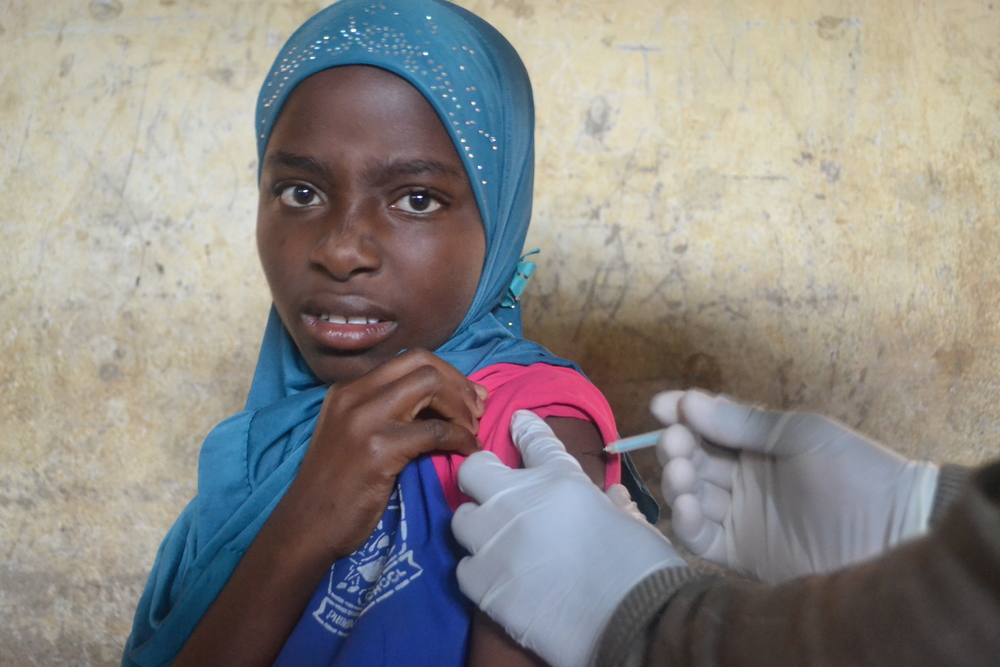
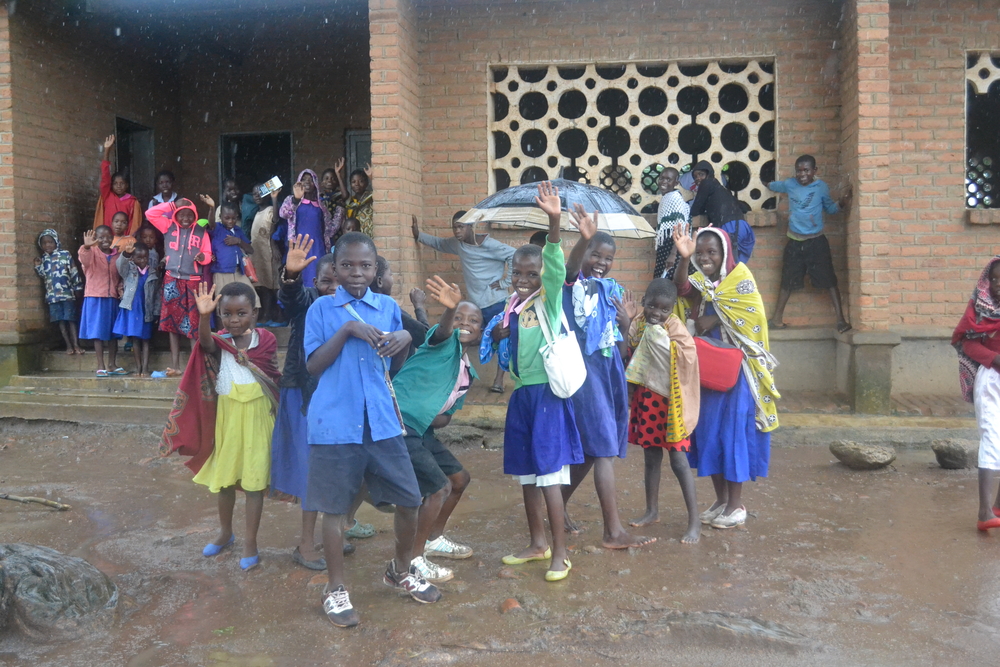
By ensuring HPV vaccination for girls in rural and isolated areas, MSF is helping to reduce the number of women who may eventually be lost to cervical cancer.
- International Women’s Day 2020: Why are so many women dying of cervical cancer?
- Learn more about cervical cancer
